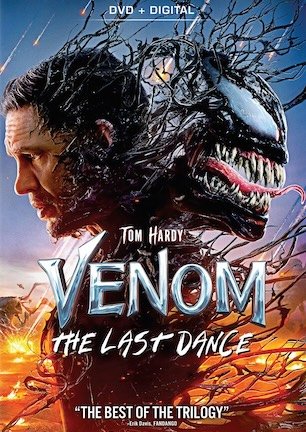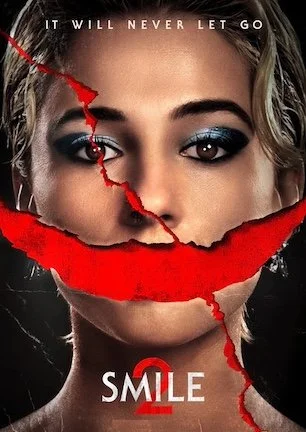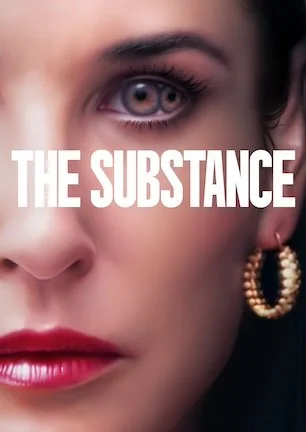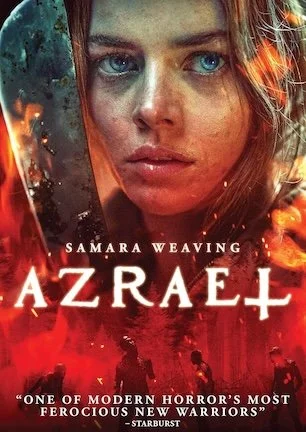Studio: Origin Releasing
Director: Brandon Slagle
Writer: Brandon Slagle
Producer: Liz Cuppie, Patrick W. Henry
Stars: Devanny Pinn, Britt Griffith, Noah Dahl, Alexis Iacono, Cleve A. Hall, Jessica Cameron
Review Score:
Summary:
The ghosts of Elizabeth Short and The Black Dahlia Avenger return under bizarre circumstances in contemporary Los Angeles.
Review:
There is a delicate amount of finesse involved when reviewing horror movies of the microbudget independent variety. Not all sins are automatically absolved based upon money spent and relative greenness of the talent in front of and behind the lens. But there is an understanding that the standard of quality leveled against a Martin Scorsese Hollywood blockbuster cannot be the same barometer used when evaluating a SyFy Channel monster movie made for a fraction of that cost and in one-tenth of the time. Still, there has to be some measure of value. And when it comes to certain cinematic efforts, mincing words does no one any favors. The fact is that “The Black Dahlia Haunting” is a cheap, amateur level production with little to redeem it as at all worthy of a recommendation.
In 1947, Elizabeth Short was an otherwise unknown young woman whose gruesome murder and vivisection would infamously immortalize her as “The Black Dahlia,” one of Hollywood’s most notorious unsolved homicides. “The Black Dahlia Haunting” piggybacks off that true crime for its contemporary set serial killer meets ghostly possession horror story. Holly Jenson is summoned to Los Angeles to meet with her younger brother Tyler, recently institutionalized for shooting his parents. Through a strange series of events, Holly becomes host to the ghost of Elizabeth Short. Meanwhile, the spirit of Elizabeth Short’s sadistic killer finds its own way to live on until the two entities collide again in the present day.
Undoubtedly, one fun thing about making your own movie is being able to wink and nod at friends and family by doling out onscreen roles. Except that if those buddies and relatives cannot act, they are better off filling the seats as audience members instead of filling the cast list as performers. A small number of actors, such as Noah Dahl playing younger brother Tyler, are easy to swallow while most of the others appear to have as much acting ability as an average Walgreens pharmacist. Fret not if that analogy makes little sense. Not much in “The Black Dahlia Haunting” does either.
Grasping tightly at the largest thread unraveling the sweater is a haphazard approach to editing, act structure, and cinematic style. Without any semblance of rhythm or purpose, scenes abruptly cut, occasionally fade, include random music video style jumps, or employ any other number of yawn inspiring transitions used as one-offs. These include a time lapse dissolve of the studious doctor preparing to drink wine while a public domain Beethoven sonata plays in the background and a walking around Hollywood montage set to an imitation moody pop song.
The film’s sense of timing is way off when it comes to juxtaposing concurrent scenes and story threads. Compounding its own confusion is a completely disorienting notion of how to occupy the minutes. Football field sized gaps between line deliveries stretch scenes with dialogue like saltwater taffy. Random shots of Vincent Price in “The Last Man on Earth” and an imitation version of “The Walking Dead” are shown on a hotel television for no apparent reason. The final torture scene is painful not for its depiction of misogynistic brutality, but because it drags on unnecessarily to the point of boredom.
“The Black Dahlia Haunting” extends its total runtime by tacking on seven minutes worth of the slowest end credit crawl in movie history. Most of that is composed of 86 names listed under Special Thanks, the majority of which are just the filmmakers’ idols and influences like Ridley Scott and Stanley Kubrick. Factor in that title cards accompany the first five minutes of the film and that adds up to credits occupying 15% of the 80-minute length.
When it comes to exterior locations, cinematography is limited simply to turning on the camera and pointing it towards the action, without any regard for controlling external lighting conditions. Awkwardly animated black smoke and television static rendered extinct by the 2009 DTV conversion stand in for attempts at tense scares. Bostonian Elizabeth Short has a vaguely New York accent. Marilyn Monroe pops up from nowhere. And a goofy lipstick job on Holly’s Glasgow smile makes her more reminiscent of Heath Ledger’s Joker than the butchered Black Dahlia.
Stir all of the above in a vat, set to potboil, and there is no question regarding how the film ended up being lackluster. Somewhere at the bottom, there may have once been the germ of a vaguely interesting concept about intertwining the real world tragedy of Elizabeth Short with a contemporary ghost story about possession and murder. But that particular seed had no chance of blooming while buried under conflicting choices about film structure and a schizophrenic approach to low grade moviemaking.
Review Score: 30







The narrative’s familiarity can make the artistic immersion seem drearily indulgent at times when the movie should feel mesmerically dreadful.